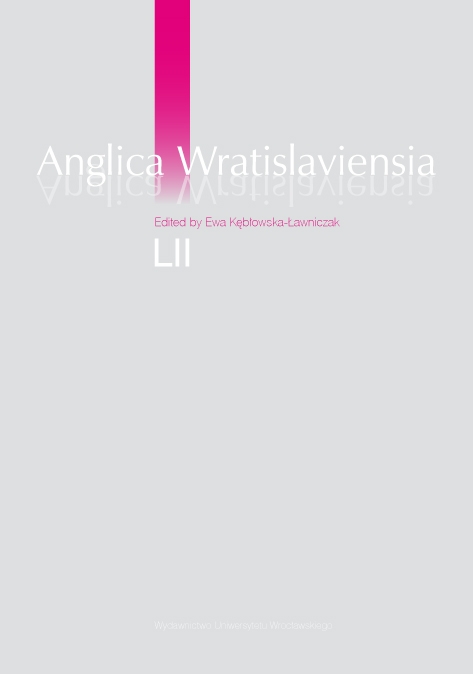

Second Language Acquisition

Error correction is a burning issue in every classroom, since students tend to create numerous faulty structures. Those erroneous utterances should be corrected in such a way that would be supportive and useful for the pupil. Identifying the most effective feedback type is a considerable challenge for every researcher and English teacher. For many years, there has been an ongoing debate about correcting students’ grammatical errors. Nevertheless, this article can contribute to the development of research in its specific field of study mainly, because it deals with the influence of direct and indirect feedback on accuracy in the production of selected grammar structures in written texts. Most of the studies in this topic concern oral feedback; however, this paper gives some insight into written correction and its significant impact on grammar accuracy in written compositions. With the purpose of fully understanding this issue, the article includes not only the comparison of different forms of grammar instruction but also various types of feedback. The aim of this paper is to investigate whether direct or indirect feedback is more efficient in second language written compositions. In order to solve this problem, an experiment and an interview with the students had been conducted in Zespół Szkół Ekonomiczno-Turystycznych in Jelenia Góra. The results of this study may have some crucial implications for English teachers and methodologists.